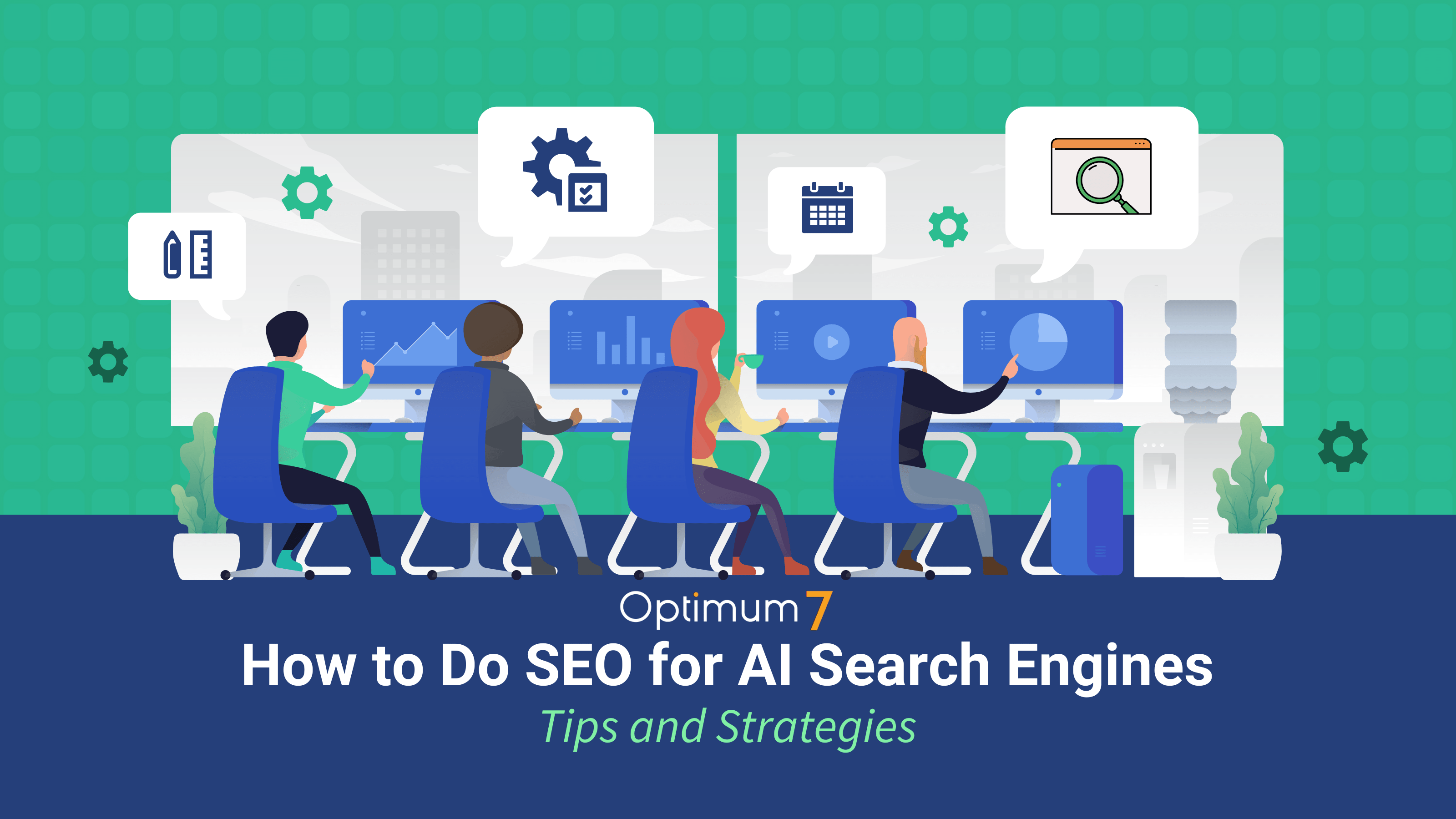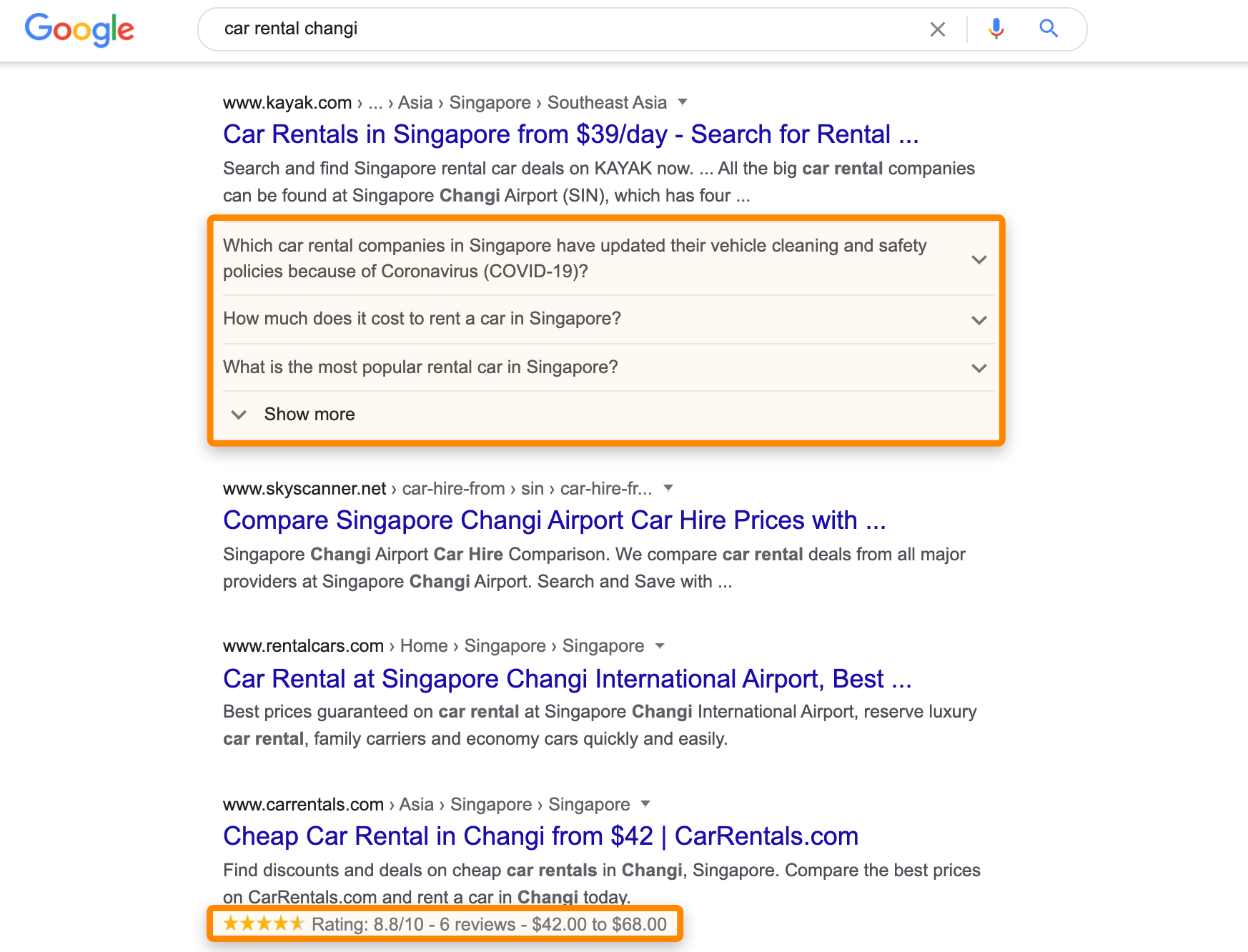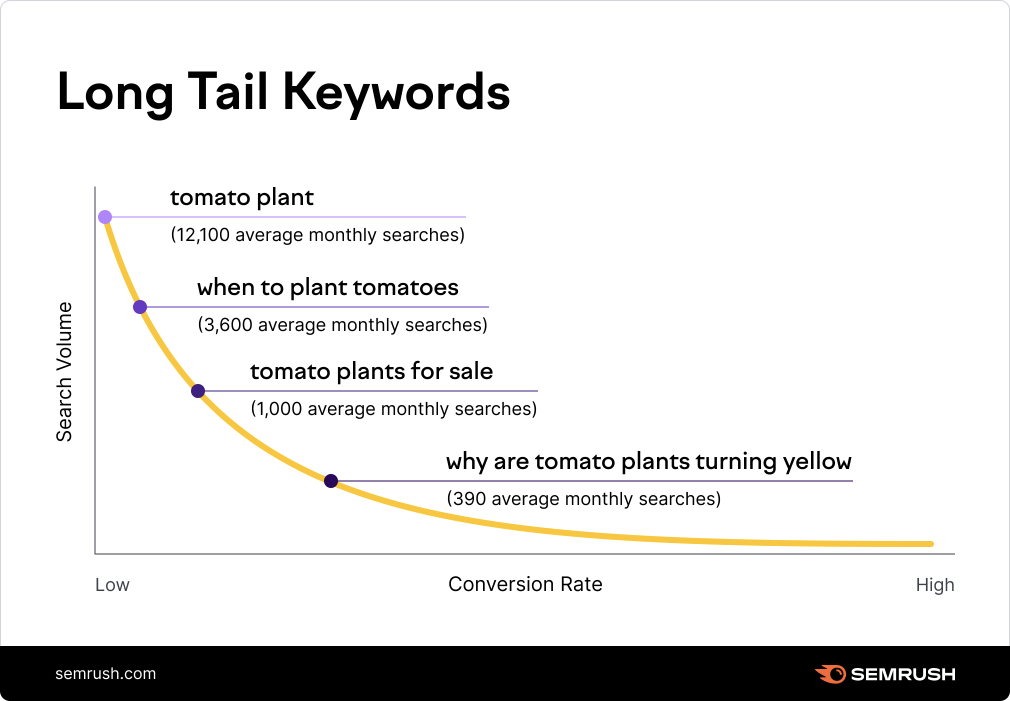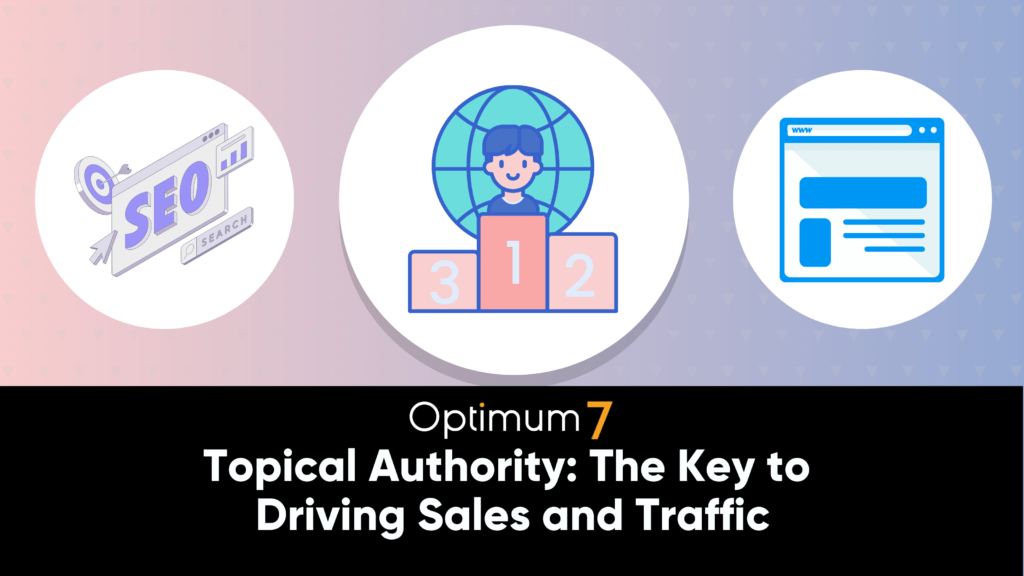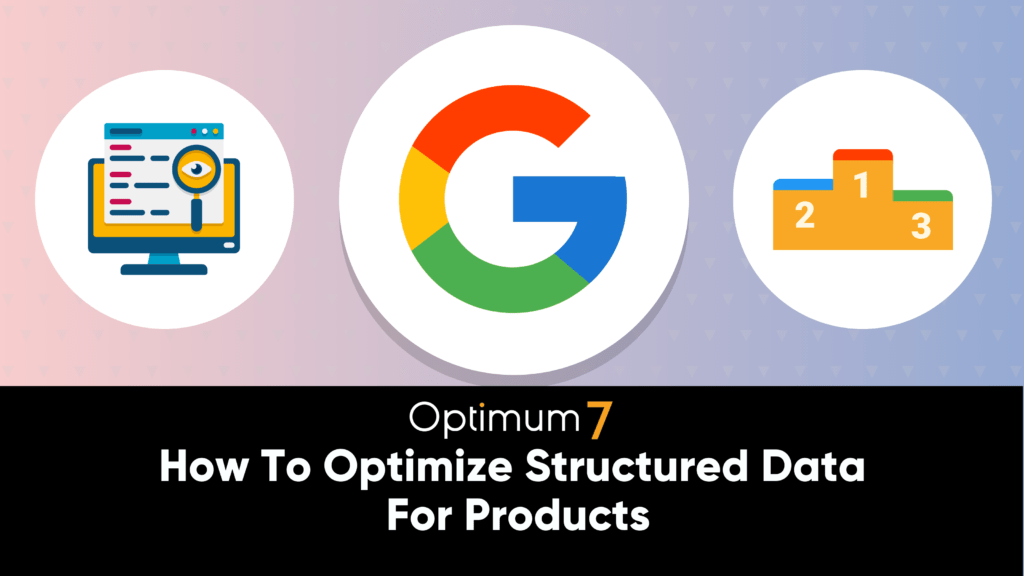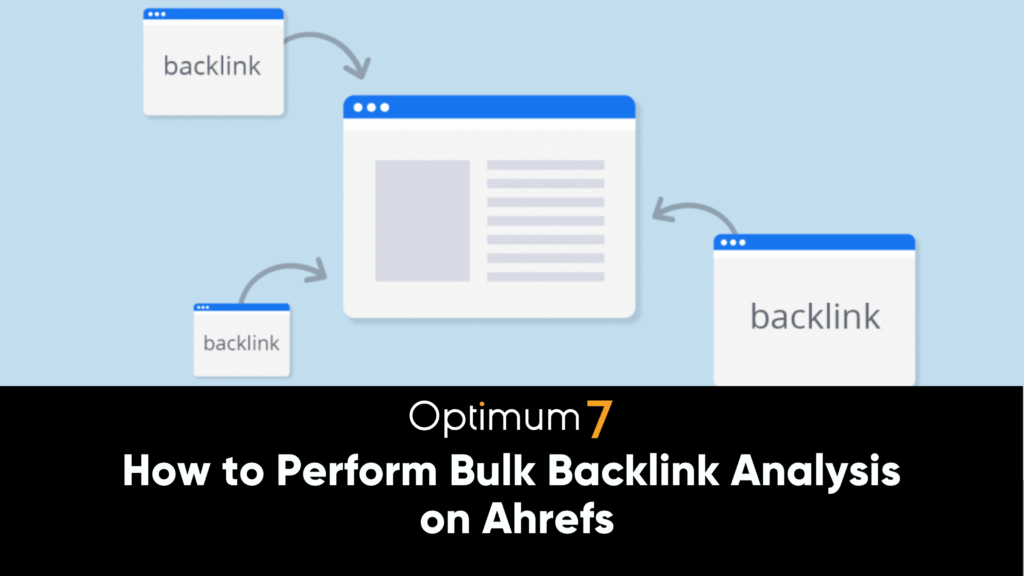As artificial intelligence becomes more and more advanced, it’s important to understand how to optimize your website for AI search engines. In this article, we’ll cover some tips and strategies for doing just that.
From conducting keyword research to utilizing voice search optimization, there are several things you can do to ensure that your target consumers find your website.

Learn more about how to conduct search engine optimization for AI search engines, below.
What are AI Search Engines?
An AI search engine is one that uses artificial intelligence to generate results. They’re designed to provide results that are more relevant and personalized than traditional search engines.
Some of the benefits of AI search engines include understanding natural language queries, personalizing results, and providing intelligent recommendations. In general, AI search engines are much better at understanding the user’s intent to maximize the relevance of the results.
However, they’re still in the early stages of development, so there are some drawbacks. For example, they may not be able to handle very complex queries or may not have all the data that a traditional search engine would have.
As AI technology continues to develop, it’s likely that AI search engines will become increasingly popular. Therefore, if you want your website to reach as many people as possible, you must optimize your page for these types of search engines.
How Do AI Search Engines Work?
Search engines that employ artificial intelligence tend to be more efficient, effective, and accurate than traditional search engines. To accomplish this, they must consistently analyze data to find patterns, using these patterns to make predictions about future search queries from users.
Additionally, AI search engines are constantly learning and improving over time. One way that AI search engines find patterns is by analyzing user behavior.
For example, when a user submits a search query, the AI search engine remembers the user’s behavior.
- Which result(s) did the user clicks on?
- How much time did the user spend on each page?
- Did the user return to make another search?
By analyzing this data, the AI search engine identifies which results are most relevant for a particular user’s query.
AI Search Engines Analyze Web Content
AI search engines also find patterns by reviewing the content of websites. The AI engine analyzes the text on each website to understand the purpose of the website. It also considers other factors like the structure of the website, the number of links pointing to it, and how popular it is on social media.
All of this information enables the AI search engine to determine which websites are most relevant for a particular query. Once it has found patterns in the data, it can use those patterns to make predictions about future queries.
For example, if it sees that many people who query “X” also query “Y,” it might start showing results for “Y” when someone searches for “X.” By making these predictions, AI search engines offer results that are more relevant and personalized than current search solutions.
8 Expert Tips to Optimize Your Website for AI SEO
As artificial intelligence becomes increasingly prevalent, it’s vital that you optimize your website for AI-powered search engines. Here are 8 expert tips to optimize your website for AI SEO:
- Conduct comprehensive keyword research.
- Utilize schema markup.
- Utilize voice search optimization.
- Take advantage of long-tail keywords.
- Create high-quality content that is thorough and helpful.
- Use AI-powered tools to aid your writing process.
- Use natural language.
- Monitor and analyze your website’s performance.
1. Conduct comprehensive keyword research.
Conducting comprehensive keyword research is essential for optimizing your website for AI search engines. By understanding how your target audience thinks and what keywords they are likely to use, you can ensure that your website appears as a top result for relevant searches.
There are a few different ways to conduct keyword research. One is to use a keyword research tool, such as Google AdWords Keyword Planner or Moz Keyword Explorer. These tools enable you to enter seed keywords and see what related terms are being queried.
Another way to conduct keyword research is to think like your target audience.
What words or phrases would they use when searching for your product or service? It can be helpful to brainstorm with people who are not familiar with your business, as they are more likely to think of keywords that you haven’t considered.
Once you have a list of potential keywords, it’s important to vet them for relevance. Include only those keywords that are relevant to your business and that your target consumers actually need.
By conducting comprehensive keyword research, you can ensure that your website appears as a top result for relevant searches. This empowers you to attract more visitors to your site and convert them into customers.
2. Utilize schema markup.
Schema markup is a type of structured data that uses a set of tags or attributes to provide additional information about the content on your website. This can include things like product information, business details, and even reviews and ratings.
Adding schema markup to your website:
- Empowers a search engine to better understand the intent and target audience of your website’s content.
- Improves your website’s click-through rate (CTR) from the search engine results page (SERP).
There are three main types of schema markup: microdata, RDFa, and JSON-LD. Microdata and RDFa use tags and attributes that are added to your HTML code, while JSON-LD uses a script that’s embedded into your website’s code.
To use schema markup effectively, identify the content that benefits from additional information.
Then, use a schema markup generator tool like Google’s Structured Data Markup Helper to create the markup code for your content. Once you’ve added schema markup to your website, test it using Google’s Structured Data Testing Tool to ensure that it’s working correctly.
You can also use Google Search Console to monitor your website’s performance in search results and identify any issues with your schema markup. By utilizing schema markup on your website, you can improve your website’s visibility and relevance in AI search results, leading to more traffic and conversions for your business.
3. Utilize voice search optimization.
With the rise of AI assistants like Siri and Alexa, voice search is becoming increasingly popular among consumers. To optimize your website for AI search engines, it’s essential to understand how to optimize for voice search.
Voice search optimization involves creating content that’s optimized for the way people speak, rather than the way they type. When people use voice search, they’re more likely to use natural language and conversational phrases.
For example, instead of typing “best pizza delivery near me,” they might say “where can I find the best pizza delivery near me?”
To optimize for voice search, identify the questions that your target audience might ask their voice assistants.
Use tools like AnswerThePublic or Google’s “People Also Ask” feature to research common questions and phrases related to your industry or niche. Next, ensure that your website’s content is optimized for featured snippets, which are the short answers that appear at the top of search results.
When people use voice search, they’re often looking for quick answers to their questions. Featured snippets enable you to provide that information in a concise and easily digestible format.
To optimize for featured snippets, structure your content for AI search engines.
Use clear headings and subheadings, and include bulleted or numbered lists when appropriate. Keep your content concise and direct, and answer common questions and trending topics.
By optimizing your content for voice search and featured snippets, you improve your website’s visibility and relevance in AI search results. This leads to more traffic and conversions for your business.
4. Take advantage of long-tail keywords.
Optimizing your website for AI search engines requires an approach that’s slightly different than optimizing for traditional search engines. One of the key strategies for success is to incorporate long-tail keywords into your content.
Long-tail keywords are specific phrases that are longer and more detailed than traditional keywords. They tend to be more conversational and natural-sounding; therefore, people are more likely to use them when speaking to AI assistants like Siri or Alexa.
For example, instead of using the keyword “pizza,” you might use the long-tail keyword “where can I find the best pizza delivery near me?” In addition to being more conversational, long-tail keywords are also more targeted.
Reach a specific audience for higher conversion rates.
Someone searching for “pizza” might be interested in its history, the most popular recipes, or proof that pineapples have no place on them. Meanwhile, someone searching for “best pizza delivery near me” is likely ready to order a pizza.
To find the best long-tail keywords for your website, consider the questions that your target audience might ask when searching for your product or service. Use tools like Google’s Keyword Planner or AnswerThePublic to research popular long-tail keywords and incorporate them into your content naturally.
5. Create high-quality content that is thorough and helpful.
Creating high-quality content is one of the most important aspects of SEO for AI search engines. To succeed in this context, your content needs to be comprehensive, helpful, and engaging.
First and foremost, your content should be well-researched and authoritative. Make sure that you cite reliable sources and provide accurate information that your audience can trust. Use data, statistics, and case studies to back up your claims and provide real-world examples.
In addition to being authoritative, your content should also be comprehensive.
This means covering all aspects of a given topic, rather than just scratching the surface. Use subheadings and bullet points to break up your content and make it easier to read. Consider including multimedia elements like images, videos, and infographics to illustrate your points.
Finally, your content should be helpful and actionable.
Think about the questions your target audience might have and provide clear and concise answers. Use a conversational tone and avoid using overly technical language that might confuse your readers.
Provide practical tips and advice that your readers can implement in their own lives or businesses. To ensure that your content is optimized for AI search engines, use natural language and conversational phrases throughout your content.
Consider incorporating long-tail keywords into meta descriptions and answering common questions that people might ask using voice search.
6. Use AI-powered tools to aid your writing process.
Artificial intelligence has transformed the world of content creation, making it easier than ever to create high-quality, engaging content that resonates with your audience. AI-powered writing tools empower you to streamline the content creation process and create more effective content that’s optimized for AI search engines.
Although some AI tools can create a blog post for your target keyword and title in one click, it’s not going to be relevant and helpful if you don’t write it yourself, or at least put in the work. A high-quality and comprehensive article, written by an experienced copywriter, will outrank your fully AI-written article, 9 times out of 10.
ChatGPT & other popular AI tools.
ChatGPT is a language generation tool that produces high-quality content in a fraction of the time that it would take to write manually. ChatGPT analyzes your topic and generates unique, relevant content based on your input, making it an ideal tool for creating outlines for blog posts, articles, and other written content.
In addition to ChatGPT, there are also AI-powered content optimization tools like MarketMuse and Clearscope that optimize your content for AI search engines. These tools use natural language processing and machine learning algorithms to analyze your content and suggest improvements to rank higher in search results.
While AI-powered tools can be a valuable resource for content creation and optimization, it’s important to remember that they are not a substitute for human creativity and expertise. Use these tools to streamline your workflow and improve the effectiveness of your content, but make sure to put your own unique spin on your content and provide value to your audience in a way that only a human can.
7. Use natural language.
To optimize your website for AI search engines, it’s important to use natural language in your content. Most often, whether they are using voice search or not, people use conversational language rather than traditional keywords.
To succeed, your content must be easy to understand and sound natural. One way to achieve this is to avoid using jargon or technical terms that your target audience may not be familiar with.
Instead, use everyday language that your audience is likely to use when asking questions or seeking information about your product or service. For example, instead of using technical terms like “proprietary algorithm,” you might explain it as “our unique way of analyzing data.”
In addition to using natural language, it’s important to make your sentences clear and concise.
AI search engines use natural language processing algorithms to understand the meaning of your content. Therefore, overly complex sentences or ambiguous phrasing may confuse the algorithm and negatively impact your search rankings.
To ensure that your content is natural-sounding and easy to understand, it’s a good idea to have someone outside of your industry read through it and provide feedback. They can identify areas where you may be using jargon or complex language that needs to be simplified.
8. Monitor and analyze your website’s performance.
Monitoring and analyzing your website’s performance is crucial for ensuring that it is optimized for AI search engines. Google Analytics can be used to track traffic and conversions, while Webmaster Tools can be used to submit the sitemap and check for any crawl errors.
Search engine rankings should also be checked on a regular basis. By constantly monitoring and analyzing your website’s performance, you can identify any areas that need improvement.
This enables you to make the necessary changes to ensure that your website is as optimized as possible. Additionally, monitoring your website’s performance can help you to troubleshoot any issues that may arise.
There are several performance metrics that you should monitor.
These include traffic, conversion rates, bounce rates, and click-through rates. By tracking these metrics, you can get a better understanding of how well your website is performing and where there is room for improvement.
Google Analytics is a great tool for tracking traffic and conversions on your website. To set up Google Analytics, you must create a Google account and then add the Google Analytics code to your website. Once Google Analytics is set up, you will see detailed reports on your website’s traffic and conversions.
Conclusion
In conclusion, optimizing your website for AI search engines is becoming increasingly important as artificial intelligence continues to advance. By following the expert tips outlined in this article, including conducting keyword research, utilizing schema markup, optimizing for voice search, taking advantage of long-tail keywords, creating high-quality content, using AI-powered tools, using natural language, and monitoring your website’s performance, you can improve your website’s visibility and relevance in AI search results.
To stay ahead of the competition, it’s important to start optimizing for AI search engines now. If you need help with optimizing your website, please contact us to learn more about our SEO services.



